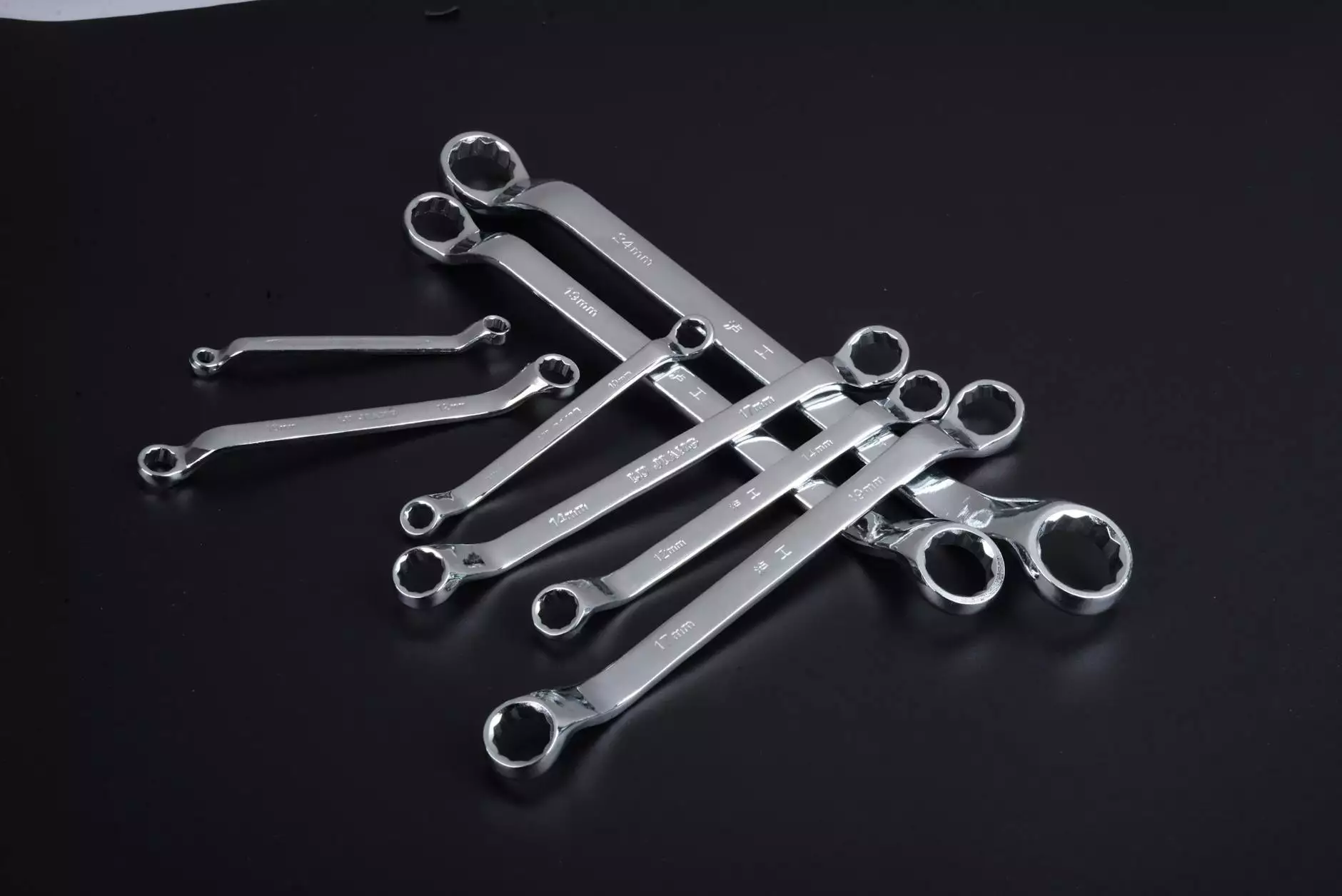Understanding Transmission Control Unit Costs: An In-Depth Guide

Automotive technology has advanced significantly over the years, leading to improvements in performance, safety, and efficiency. Among the many components that contribute to a vehicle's functionality, the transmission control unit (TCU) plays a crucial role. In this article, we will explore the transmission control unit cost, the factors influencing it, and how to make informed purchasing decisions.
What is a Transmission Control Unit (TCU)?
The transmission control unit is an essential component in modern vehicles, particularly those equipped with automatic transmissions. This electronic device manages various aspects of the transmission system, ensuring smooth shifting, optimal performance, and enhanced fuel efficiency. The TCU communicates with other vehicle systems, such as the engine control unit (ECU) and various sensors, to make real-time adjustments to the transmission's behavior.
Components of a TCU
A TCU consists of several components, including:
- Microcontroller: The brain of the TCU, responsible for processing information and controlling the transmission shifts.
- Input/Output Interfaces: These facilitate communication with other vehicle components and sensors.
- Software: The programming that dictates how the TCU responds to various inputs.
Factors Influencing Transmission Control Unit Cost
When considering the transmission control unit cost, several factors come into play:
1. Vehicle Make and Model
The type of vehicle significantly impacts the cost of the TCU. Luxury vehicles and high-performance cars often have more advanced transmission systems, leading to higher prices.
2. OEM vs. Aftermarket
Particularly in the context of auto parts, the choice between original equipment manufacturer (OEM) parts and aftermarket alternatives is crucial. OEM parts tend to be more expensive due to their guaranteed compatibility and quality assurance, while aftermarket options may offer cost savings.
3. Complexity of the Transmission System
Vehicles with more complex transmission systems may require more advanced TCUs, which naturally come at a higher price point. Continuously variable transmissions (CVTs) and dual-clutch transmissions (DCTs) often require sophisticated control units.
4. Labor Costs for Installation
Beyond just the unit's price, consider the labor costs associated with installation. Replacing a TCU can be complex and time-consuming, often requiring a professional mechanic, which adds to the overall expenditure.
5. Diagnostic Fees
Before replacement, it's essential to perform diagnostics to confirm that the TCU is the root of the issue. This process may incur additional costs, which should be factored into your total budget.
Typical Costs for Transmission Control Units
The transmission control unit cost varies widely, typically ranging from $300 to $1,500, depending on the factors mentioned earlier. Below is a breakdown of expected costs:
- Economy Vehicles: Expect costs ranging from $300 to $700.
- Midsize Sedans: The price typically ranges from $700 to $1,200.
- Luxury and Performance Vehicles: Costs can start at $1,200 and exceed $2,500.
Where to Buy Transmission Control Units
Finding the right TCU for your vehicle is crucial. Here are some options:
1. Authorized Dealers
Purchasing from an authorized dealer ensures you receive a genuine OEM part, albeit usually at a higher price. This is the safest route if warranty and compatibility are a concern.
2. Online Retailers
Numerous online platforms offer competitive prices on both OEM and aftermarket TCUs. Shenghai Auto Parts is a great option for sourcing quality auto parts.
3. Local Auto Parts Stores
Your local auto parts store may carry both OEM and aftermarket options. It's beneficial to compare prices and availability before making a purchase.
How to Save Money on Transmission Control Units
Here are some practical tips to help you save on the transmission control unit cost:
- Research Thoroughly: Compare prices across multiple platforms and products.
- Consider Used Parts: Salvage yards may offer used but functioning TCUs at significantly lower prices.
- DIY Installations: If you're skilled and knowledgeable, consider installing the TCU yourself to save on labor costs.
- Regular Maintenance: Proper maintenance of your vehicle can prevent the premature failure of components, including the TCU.
Signs of a Failing Transmission Control Unit
Being able to identify a failing TCU can save you from costly repairs down the line. Here are some common symptoms:
- Delayed Shifting: Noticeable lag when shifting gears can signal a malfunctioning TCU.
- Unusual Transmission Behavior: Unexpected gear changes or inability to shift at all may indicate an issue.
- Check Engine Light: If this warning light is triggered, diagnostics are needed to determine if the TCU is at fault.
- Fluid Leaks: Inspect for any transmission fluid leaks, as they can contribute to TCU problems.
Conclusion
Understanding the transmission control unit cost and the factors that influence it allows you to make informed decisions regarding your vehicle maintenance and repairs. By being proactive in identifying signs of TCU failure and knowing where to source quality parts, you can manage costs effectively and ensure the longevity of your vehicle’s transmission system.
Whether you are looking for an OEM replacement or considering an aftermarket option, resources like Shenghai Auto Parts can guide you in the right direction. Always remember to prioritize quality over cost to maintain the reliability and performance of your vehicle.









